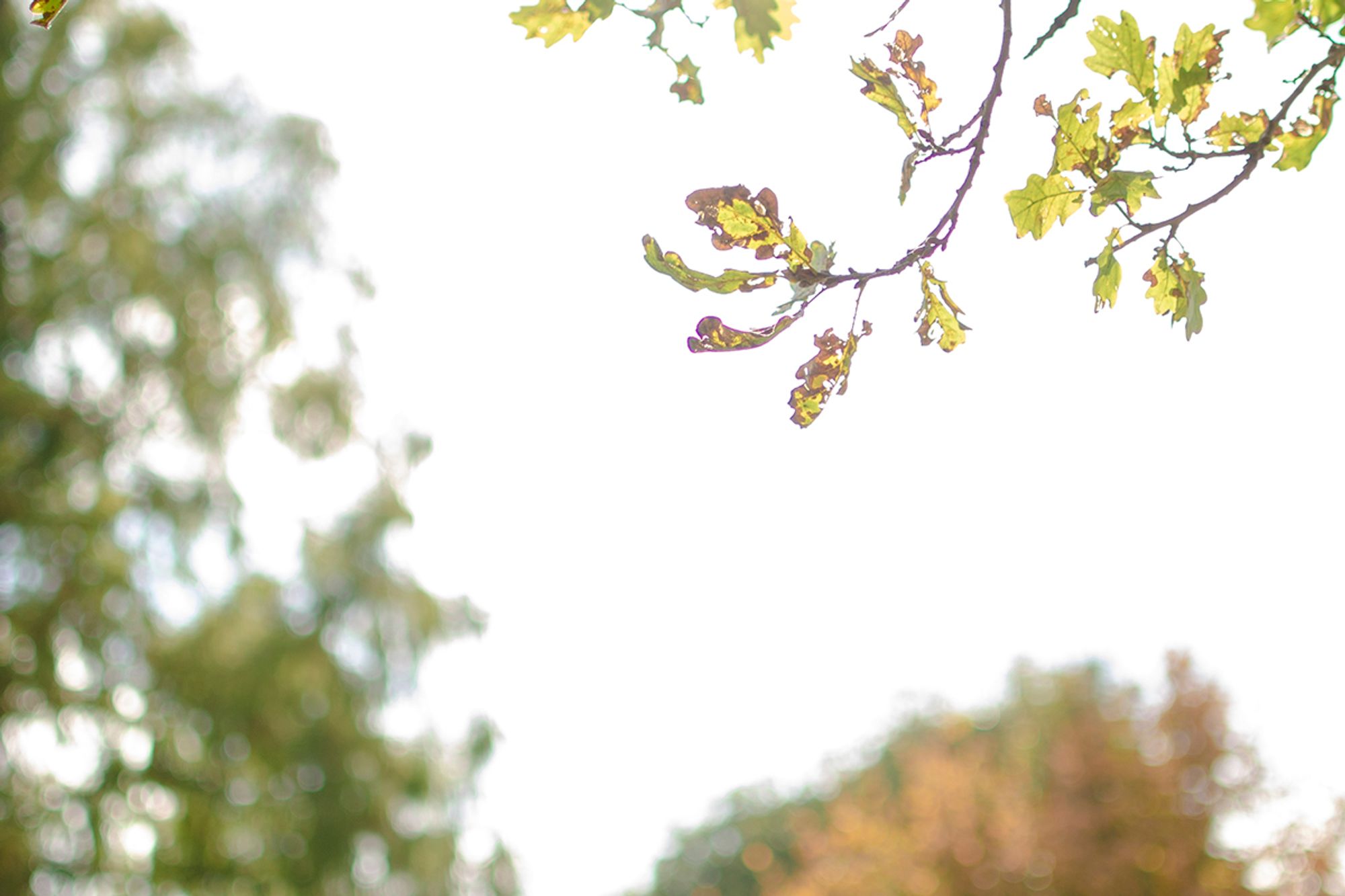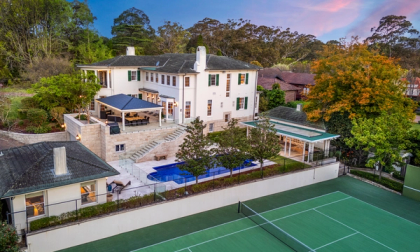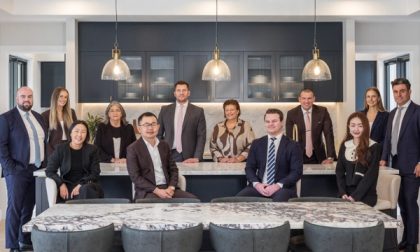
Explore Pymble
Pymble’s reputation for beautiful, spacious homes set amid large, lush gardens has preceded it for more than a century.
The addition of stylish modern apartments means that Pymble now has something for everyone, from first home buyers, downsizers and investors to the most discerning of families.
With tranquil streets, abundant green spaces, and excellent transport links to the city, North Sydney, Chatswood, Macquarie Park and beyond, Pymble truly offers the ultimate Upper North Shore lifestyle.
History
The Ku-ring-gai area has been home to the Darramuragal or Darug people for thousands of years.
Pymble is named after Robert Pymble, a free immigrant from England who acquired a local land grant in 1823. He cultivated orchards of orange trees and served as the local policeman1.
The residential subdivision of Pymble began in the 1880s as it became apparent the north shore train line was imminent. Pymble station opened in 1890 and before long the suburb was an established residential area complete with large homes on both sides of the station.
From 1910 to 1940, more shops sprang up in the area around the station. The Presbyterian Ladies’ College (now Pymble Ladies’ College) was founded in 1916, and the subdivision of land and building of new homes occurred right up to the 1950s.
In the 1970s and 80s a business and commercial centre was established south of the station on the corner of the Pacific Highway and Ryde Road, which has since been expanded.
Pymble is home to several noteworthy buildings, including the Ku-ring-gai Town Hall, built in 1934 as the Sacred Heart Catholic Church, Pymble Chapel, built in 1879 and the suburb’s oldest remaining building, and St Swithun’s Anglican Church on Telegraph Road. Significant Pymble homes include Grandview, built around 1880 as a bank but now used as a home, the Regency-style Merrivale, Federation mansion Colinroobie and Coppins, designed by Walter Burley Griffin and built in 1936.
In 2021, Pymble is home to 11,775 people, with 4,293 dwellings and a median monthly income of $3,379. The suburb has a median age of 41, slightly older than the NSW median of 39 years old.
The Australian Bureau of Statistics reported that 57.9% of Pymble residents are working full-time, while only 29.7% work part time. Roughly 58.2% of residents live in 4 or more bedrooms, while 21.4% are in a 3-bedroom property2.
These demographics show a strong buying power and a comfortable lifestyle among Pymble residents, indicating a robust affinity towards the suburb, its amenities and opportunities for young families and new home buyers.
What the locals love about Pymble
1. First class schools
Parents with an eye on their children’s education seek out Pymble for its excellent schools. Prestigious girls’ school Pymble Ladies’ College offers K-12 classes in its park-like grounds, and it ranked 18th out of the state’s private schools in 2020’s HSC. As well as PLC, parents of primary school children can choose from Pymble Public School, the high-performing state school, or the smaller Sacred Heart Catholic Primary School, which boasts its own swimming pool.
2. Impressive homes
The quality of Pymble’s real estate is a big drawcard. The suburb is famous for its premium heritage houses and luxurious estates, many complete with pools and tennis courts. A local building boom in recent years has seen the renovation and construction of plenty of modern masterpieces too. The majority of Pymble’s houses include at least four bedrooms, making them perfect for families or just those who appreciate the luxury of space. Locals love Pymble’s large blocks, beautiful gardens and peaceful leafy streets.
3. Cosmopolitan lifestyle
While it hasn’t always been renowned for its dining culture, over recent years Pymble has upped its game in the café and restaurant stakes. These days locals are spoiled for choice when it comes to choosing somewhere to eat. Caffeine aficionados can get their fix at Siboni’s, where they really know their coffee. Francophiles can enjoy an authentic French café experience at Comme Chez Nous, while Brasserie l’Entrecote serves up top-notch traditional Parisian steakhouse fare. Cellar 8 Wine and Espresso Bar is a popular neighbourhood spot with an impressive wine list and a moreish menu.
Sales market update
Pymble is renowned for its family friendliness, and that’s reflected in the fact that most of its housing stock is freestanding homes, with 58.2% of them featuring four bedrooms or more2. And thanks to the increased uptake of remote working, spacious homes are in demand like never before. Those after a smaller abode will find what they’re looking for amongst Pymble’s stylish apartments, which make up 24.8% of dwellings in the suburb2.
As of November 2023, the median house price in Pymble is $3,400,000. It has been fairly consistent from December 2022, when the median was $3,400,000. Pymble’s unit prices have seen a slight drop, with today’s median price of $980,500 7.06% lower than December 2022’s median of $1,055,000. Over the past five years houses in Pymble have seen a compound growth rate of -1.0% for houses and -11.9% for units3.
Rental market update
Houses in Pymble rent out for $1,392 per week, while units rent for $685 per week3. As of November 2023, Pymble’s vacancy rate was a very tight 1.144%, reflecting both the suburb’s popularity and a great opportunity for property investors. Rented homes represent 20.6% of dwellings in Pymble, and the median annual rental yield is 2.2% for houses and 3.9% for units3.
Pymble’s vibrant landscape lined with busy streets and access to local schools and shopping districts make it a convenient suburb for people from all walks of life. If you’re a young family or starting a new life in a new suburb, Pymble won’t disappoint.
References:
[1] Ku-ring-gai Historical Society: Pymble Local History
[2] Australian Bureau of Statistics: Pymble 2021 Census
Was this content helpful to you?





